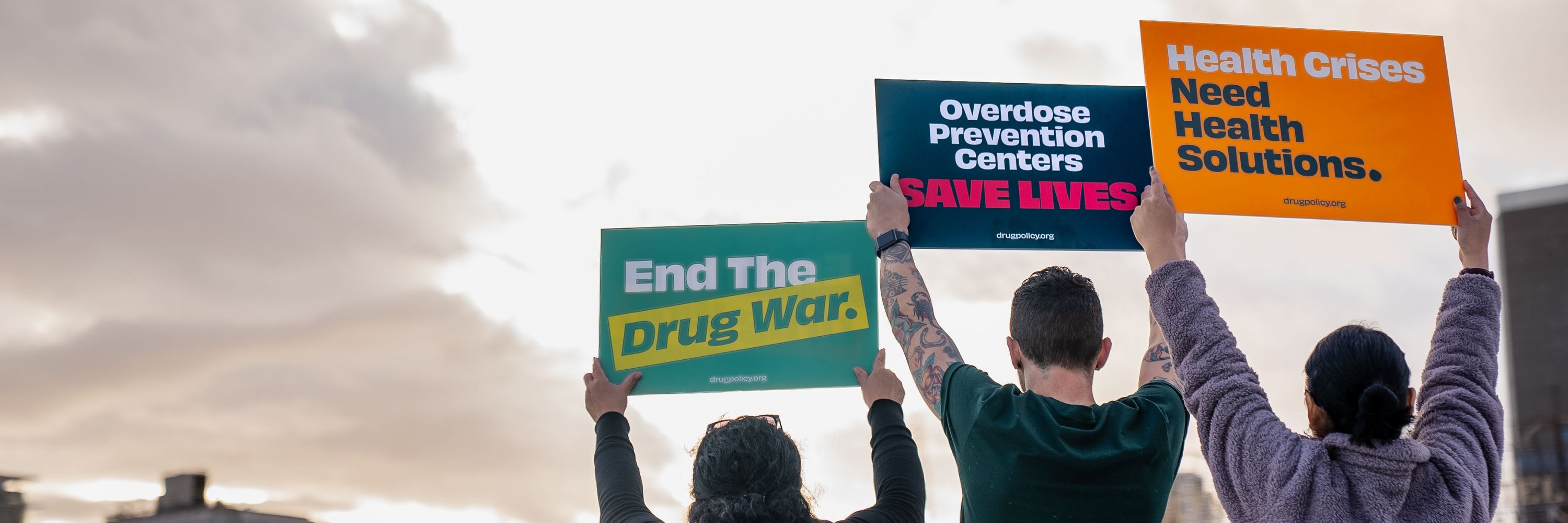
www.npr.org/2025/12/31/n...

www.npr.org/2025/12/31/n...
Give by midnight when every $1 will become $4!
Donate now at bit.ly/4pQrJT6

Give by midnight when every $1 will become $4!
Donate now at bit.ly/4pQrJT6
Promote health. Prevent harm. End the drug war.
Donate now at bit.ly/3MwtWEN

Promote health. Prevent harm. End the drug war.
Donate now at bit.ly/3MwtWEN
What Trump’s executive order declaring fentanyl a weapon of mass destruction really means 🧵
What Trump’s executive order declaring fentanyl a weapon of mass destruction really means 🧵

That’s why we want to hear from you. Tell us your top drug policy priorities for 2026.
Take the poll at bit.ly/48BkSqQ

That’s why we want to hear from you. Tell us your top drug policy priorities for 2026.
Take the poll at bit.ly/48BkSqQ
Missed #GivingTuesday? You can still have your gift matched at bit.ly/48ihS2C

Missed #GivingTuesday? You can still have your gift matched at bit.ly/48ihS2C
Promote health. Prevent harm. Protect our communities. And fight for our shared future.
Donate before midnight at bit.ly/48qfvtd

Promote health. Prevent harm. Protect our communities. And fight for our shared future.
Donate before midnight at bit.ly/48qfvtd
![A quote on a lime green background "I see people very sick coming in here, getting put on it [methadone] quickly. And then they have hope." -Trina, a daily methadone patient](https://cdn.bsky.app/img/feed_thumbnail/plain/did:plc:r3wtxjlkjqmy6ndslkdogast/bafkreihnwrue2iqjyudi22bniboy3xxfaa3uq5l33tx6epemfoixjrn42u@jpeg)



💥 Vote for your favorite design today and help shape the future of the movement.
👉 bit.ly/47aEKzd

💥 Vote for your favorite design today and help shape the future of the movement.
👉 bit.ly/47aEKzd

If we want real solutions, our response has to start with addressing the root causes of addiction, not just the symptoms. That's why we advocate for more treatment, health services, economic security, and housing
If we want real solutions, our response has to start with addressing the root causes of addiction, not just the symptoms. That's why we advocate for more treatment, health services, economic security, and housing
Don’t forget to check out our new addiction treatment resource to learn more about treatment options, settings and frequently asked questions! drugpolicy.org/addiction-tr...
Don’t forget to check out our new addiction treatment resource to learn more about treatment options, settings and frequently asked questions! drugpolicy.org/addiction-tr...





